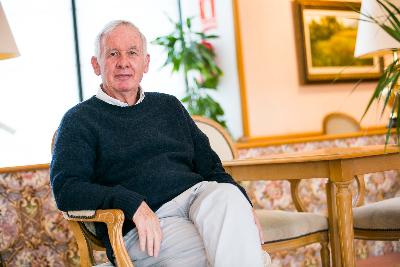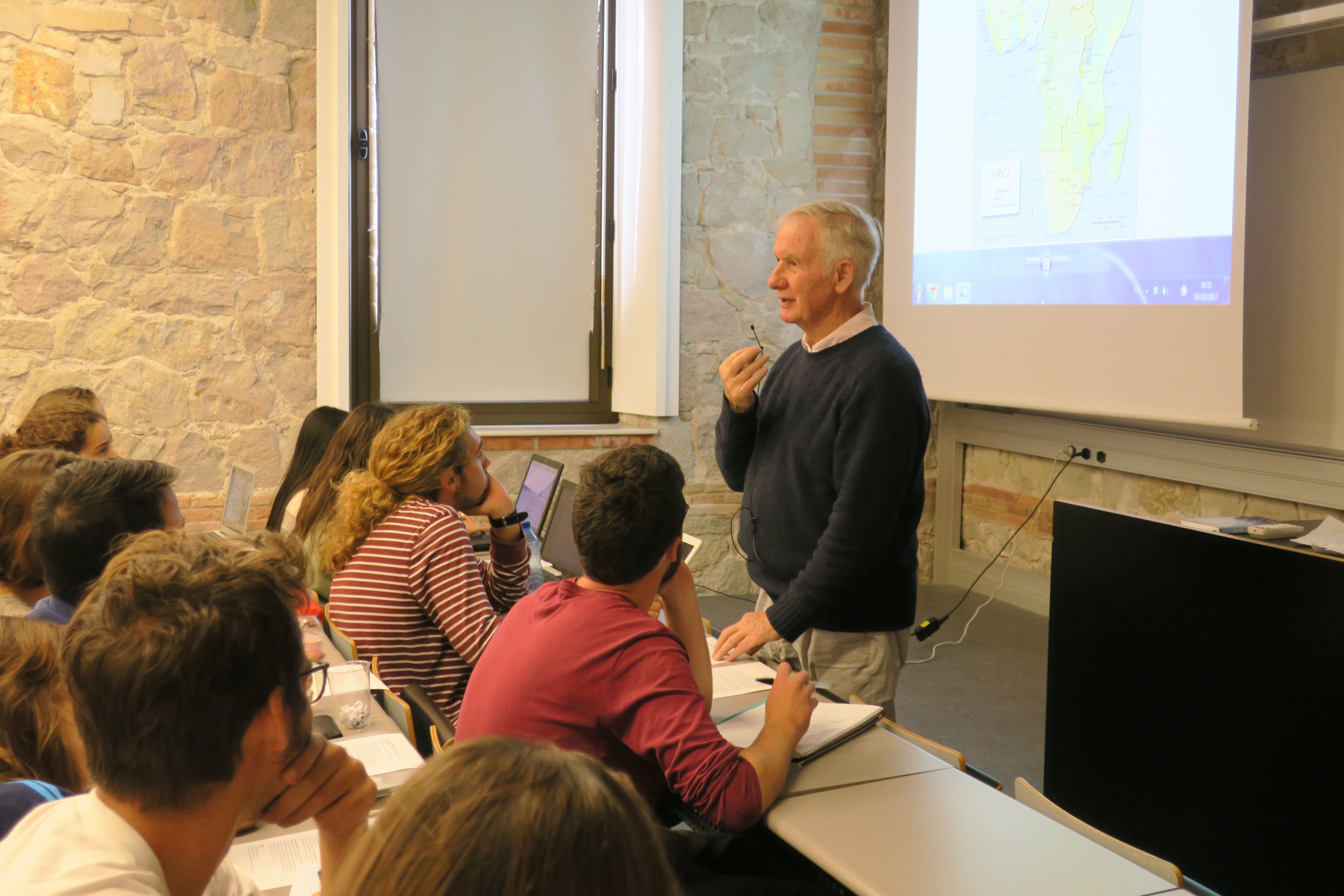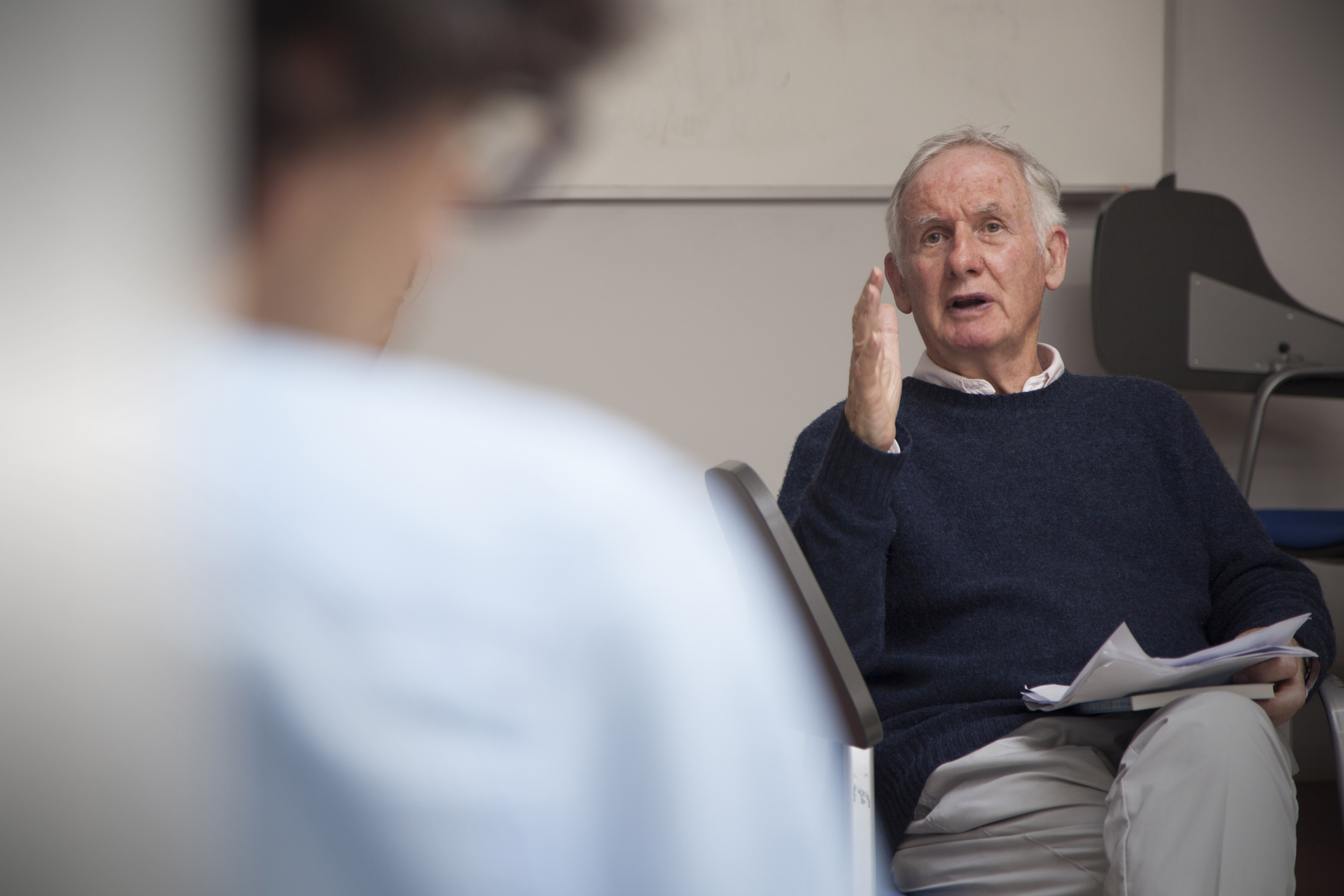Collective residencies / RELIGIOUS BELIEFS / Olot
PAUL GIFFORD
From Tuesday, 19 September 2017 to Monday, 9 October 2017

Bio
He was born in New Zealand. He has studied in Wellington, Rome, Oxford and Uppsala. He began his teaching career at the University of Zimbabwe, and has taught at the University of Leeds, and since 1992 in the department of the Study of Religion in the School of Oriental and African Studies of the University of London. He has conducted major research on New Developments in African Christianity (1989-92) for the Nairobi-based All African Conference of Churches, and on African Civil Society (1989-92) funded by the Leverhulme Trust. Among his major publications are Christianity and Power in Doe’s Liberia (1993), African Christianity: its Public Role (1997), Ghana’s New Christianity: Pentecostalism in a Globalising African Economy (2004), Christianity, Politics and Public Life in Kenya (2009), Christianity, Development and Modernity in Africa (2015). He currently lives in Ethiopia where his wife directs an institute of UNESCO.
Project
A monograph entitled The changing nature of Western Religion. Religions have traditionally related to forces beyond the human realm, deemed determinative of our circumstances and fate, whom we could influence (for example, by prayer). Most peoples in the world still practice such religions. However, in the last few hundred years, as a result of a new consciousness brought about by the rise of science and technology, bureaucracy and capitalism, awareness of such forces has receded to the periphery, which has led not only to many ceasing to be religious but also to the ‘internal secularisation’ of remaining Western religion.
The location, company and working conditions all combined to facilitate maximum productivity
The organization was superb, and Francesc, Gavina and Pau arranged everything to the last detail. The hotel Riu Fluvià is a superb base, enhanced by the beautiful weather throughout our stay. The hotel management and workers could not have been more helpful. The location offers easy access to the city of Olot and its churches and museums, and walks or cycle rides in the countryside, and Francesc organized two different trips by car to nearby volcanoes and villages. In this way we were exposed to Catalan history and culture; our ‘Religion’ residency moreover took place during the Catalan independence referendum, which added greatly to our awareness of special Catalan sensitivities. Above all, the companionship of the other residents made the experience particularly memorable. Both at breakfast and dinner, we would enjoy hearing about each other’s interests and work, and many of us have become I am sure lifelong friends. The location, company and working conditions all combined to facilitate maximum productivity. An unforgettable experience.


